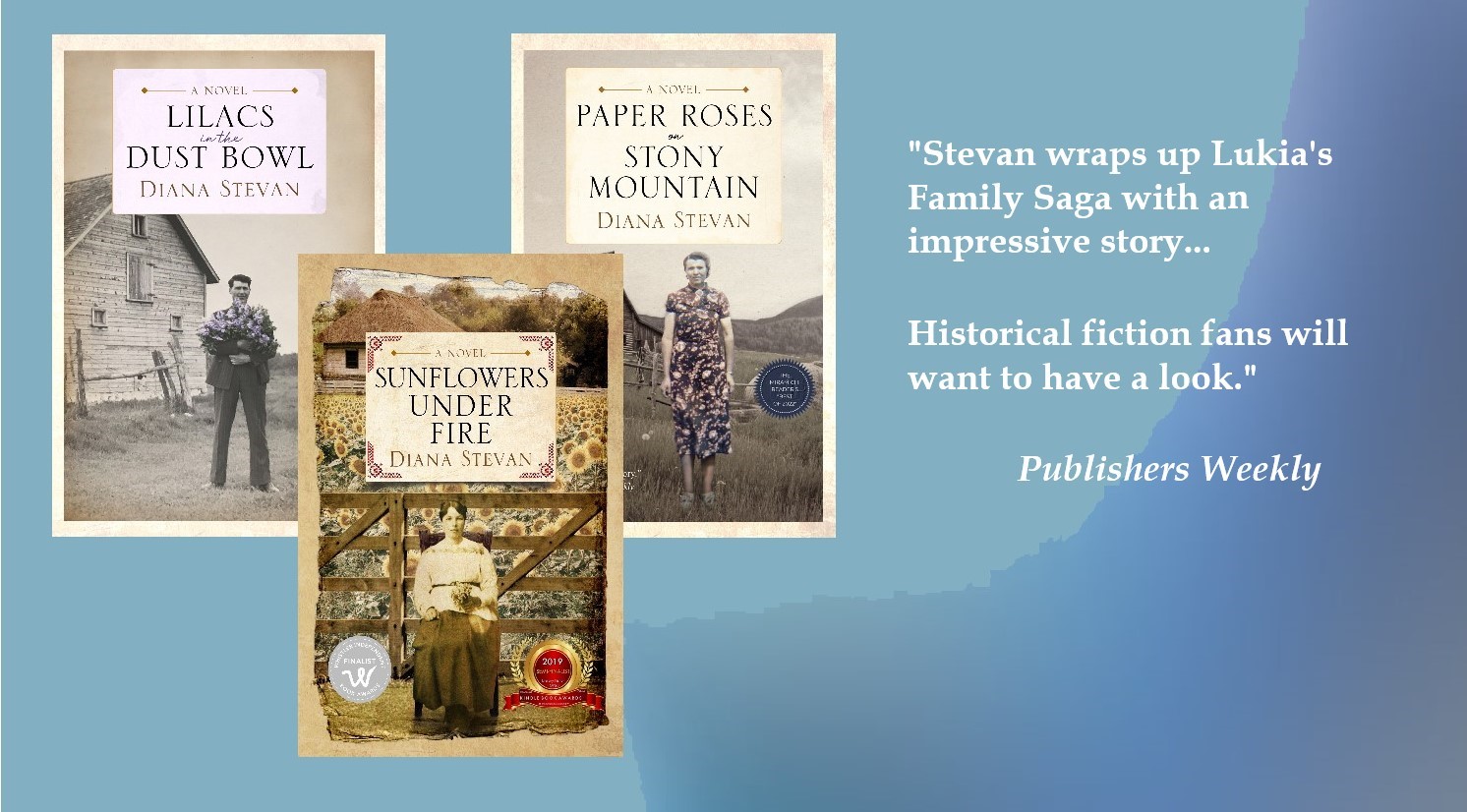The Hard Truth In Fiction
When I read a novel, I want to escape and get into someone else’s world for awhile. I want my imagination to run wild. I want to cheer for the protagonist when she fights for what she believes; I want to fear for her life when she’s in jeopardy; and when she falls in love, I want to feel her excitement and revel in that wonderful emotion. Do I want to be reminded of the ills of the world? Of course not. For that, I follow the news or read the odd non-fiction book.
But even though much of fiction is an escape from boredom and other trials of life, there are countless tales that have a veiled message about social issues of the highest magnitude—race, religion, politics, war, etc. Or a story could refer to one that hits home regardless of the bigger issues that divide, like divorce, illness or death. There is hard truth in fiction.
If an author truly cares about a subject, it’s hard to keep those cares from seeping into the writing. Whatever bothers the author in life often bothers the protagonist in a story. Those seeds of discontent find their way onto the pages, whether it’s conscious or unconscious. The trick is maintaining a balance, so that the writer isn’t preaching through the mouths of his characters, unless, wink-wink, the character is a preacher.
 My argument is that as long as the author isn’t beating the reader over his or her lovely head with an unending lecture delivered by one of the characters in his story, then there is a place for social issues in fiction. Often fiction presents these dilemmas in a subtle enough way that the truth is easier to digest than if it was expounded upon in a book of non-fiction.
My argument is that as long as the author isn’t beating the reader over his or her lovely head with an unending lecture delivered by one of the characters in his story, then there is a place for social issues in fiction. Often fiction presents these dilemmas in a subtle enough way that the truth is easier to digest than if it was expounded upon in a book of non-fiction.
Jodi Picoult has made a name for herself writing stories about families dealing with health concerns as well as others. In My Sister’s Keeper , she shows how leukemia impacts a family and puts pressure on one daughter to help her sister, who is suffering from the disease.
In the books The Help by Kathryn Stockett, Book of Negroes by Lawrence Hill, and To Kill A Mockingbird by Harper Lee, racial prejudice is illustrated in all its ugly colours.
Anita Shreve in All He Ever Wanted wove in the horror of anti-semitism. It came out of the blue in a story about a professor who was obsessed with a woman who  coudn’t return his love. I hesitate to say more, as I don’t want to divulge any more surprises.
coudn’t return his love. I hesitate to say more, as I don’t want to divulge any more surprises.
In Televenge Pamela Cable’s mammoth work about the vagaries of televangelism, a charismatic preacher preys on the vulnerable. Yes, it’s about a woman dealing with a cheating husband, but it’s set against the backdrop of a much larger social issue.
In my debut novel, A Cry From The Deep, Catherine Fitzgerald, an underwater photographer, is passionate about the environment. The fact that oceans are being polluted and that salvagers are raping the sea bottom in pursuit of treasure galls her no end. And because the environment is something I deeply care about, the threat to our oceans crept into my story and into my character’s thoughts and words. It wasn’t planned. It just happened as I began writing.
In fiction that tackles serious matters and gives us the hard truth, the reader not only escapes for awhile but is hopefully enlightened at the end of the book as well.
Please leave a comment, don’t be shy. Also, if you know of any books of fiction that have highlighted some social issue and yet managed to entertain you, I’d love to hear about them.




